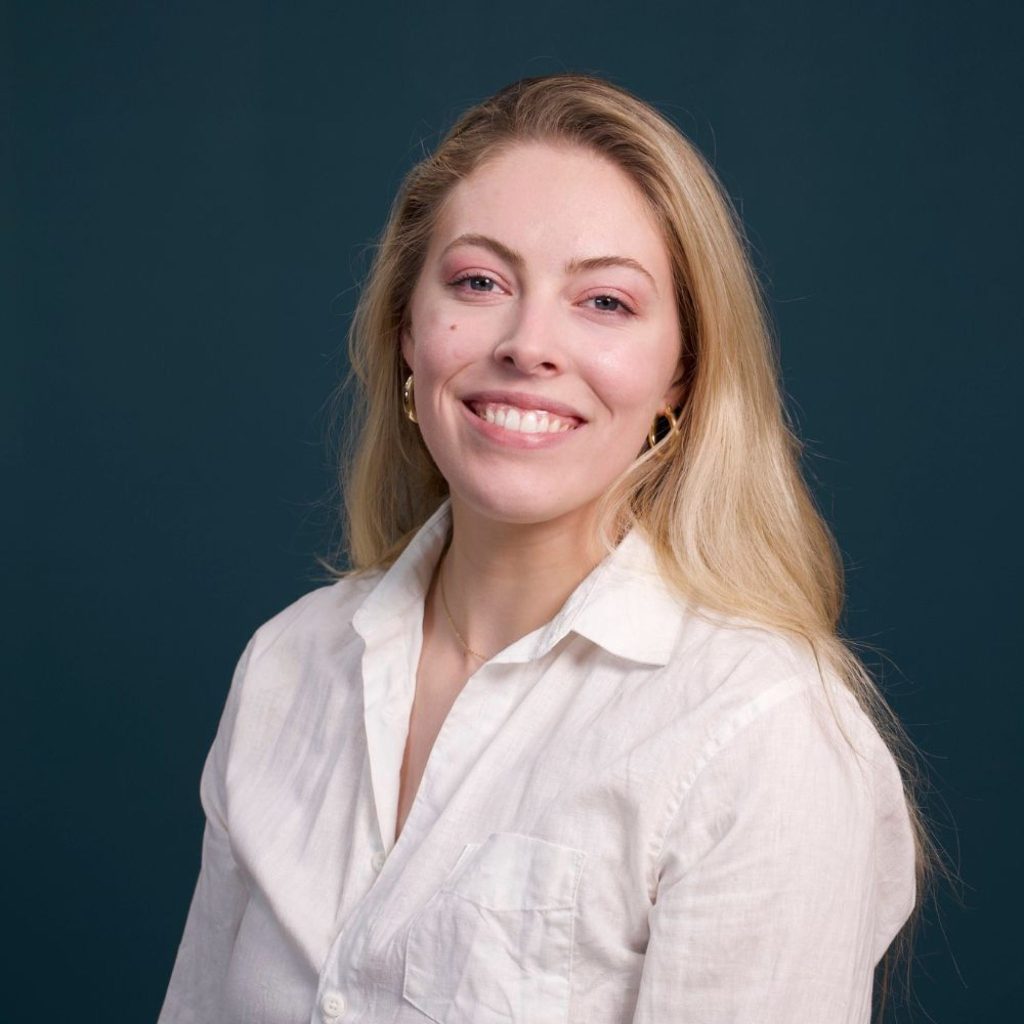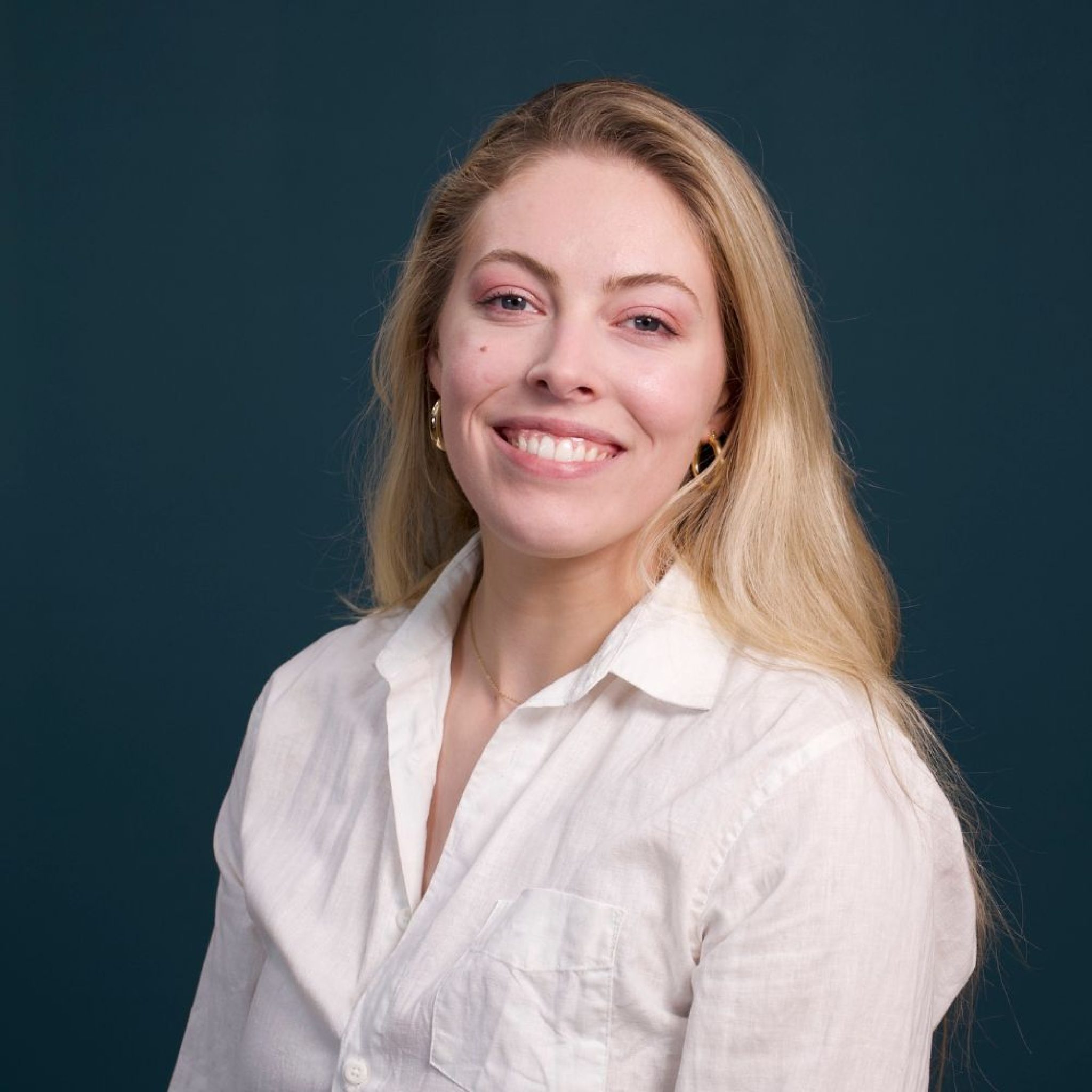Sleeplessness, insomnia, poor sleep health. Whatever you want to call it, it’s hard to deny the exhausting epidemic affecting millions of people all over the world. People, as a whole, are getting less rest and are desperately turning to pills or other aids as a result.
Along with prescription medications and folk remedies, many have incorporated a glass or two of alcohol into their nightly routine to try to catch a few more hours of shuteye. But does this method really work.
In two separate studies, up to 28% of people said they use alcohol to help them fall asleep.
Deceptively Drowsy
Alcohol makes you fall asleep faster, which some people think is a benefit. But they end up with lower quality rest. [2]
You could be waking up through the night and not remember the next morning. But you’ll feel more tired, for sure. [3]
Alcohol changes brain activity during your night spent asleep, resulting in a less restful experience. [1]
There is often an increase in deep sleep in the first half of the night, but people experience disruptions in the latter half. [2]
Some alcohol drinkers wake up earlier and have trouble falling back asleep. [3]
Ways Alcohol Disrupts Your Night
More Bathroom Breaks
Drinking before bed means your liver works overtime to rid the body of toxins. Requiring you to make more bathroom trips in the middle of the night. [1]
Night Sweats
Alcohol can make you feel like you are warmer than you actually are, potentially heightening cold-weather-related dangers. [4]
Binge-drinking or hangovers can affect the natural balance of hormones, causing hot flashes. [4]
The brain, heart, and liver contribute greatly to overall body heat. When the liver kicks into overdrive working through alcoholic toxins, the body’s temperature can rise. [4]
Sleep Apnea
People who drink are more likely to snore! Alcohol relaxes muscles in the throat, making snoring and sleep apnea more of a concern. [1]
Deep Dive: What Alcohol Does to Your Sleep Cycle
Alcohol and REM
Drinking before bed can also interfere with REM and your body’s natural circadian rhythm. [1]
The higher the amount consumed, the more disrupted REM can become. [2]
REM begins much later no matter the amount of alcohol consumed. [2]
More Vivid Dreams
Alcohol may cause some sleepers to reenact their dreams in their sleep. People can walk, talk, and perform actions without actually knowing what is going on. [5]
Drinking can cause dreams to feel more real and vivid… but be careful! This also affects how real nightmares can feel! [5]
Some experience night terrors after drinking before bed. [5]
Gender and Alcohol
Women are more likely to experience sleep disruption after drinking than men. [6]
One study showed women slept an average of 20 minutes less than men who drank the same amount. [6]
Frequently Asked Questions
Why Do Alcoholics Often Experience Insomnia?
People who binge-drink generally feel more tired the next day, leading them to drink more to try to fall asleep, creating a cycle. [7]
Even just a moderate amount of alcohol an hour before bed can reduce melatonin levels by up to 20%. [3]
Research shows the sleep-regulating chemicals in mice are altered by a single binge-drinking session. [7]
Is Mixing Alcohol with Sleeping Aids Dangerous?
4% of adults have admitted to overusing prescribed sleep aids, according to a survey by the CDC. [8]
Combining sleeping pills and alcohol can increase the sedative effects of both substances. [8]
People are at an increased danger of overdosing or experiencing blackouts when combining the two. [8]
Difficulty breathing, a slower heart rate, and lower blood pressure can all be caused by mixing sleeping aids with alcohol. [8]
Tips on Being More Sleep Responsible With Drinks
Give yourself a 3-hour window between your last drink and bedtime. [9]
Women and men over 65 years old should limit their intake to 1 drink a day. Men under 65 can consume 2 drinks a day without harming their sleep quality. [9]
Drinking 2 glasses of water for every 1 glass of alcohol consumed will help the body flush out toxins before sleep, not during. [10]
Fizzy drinks can distend the stomach, causing you to absorb more alcohol and heightening the side effects. Cut back on the bubbles! [10]
Better Sleep Aids
Hot Tea
In a 2011 study, people who drank passionflower herbal tea showed significantly improved rest quality over people who drank a placebo. [11]
Hot Bath
Multiple studies have shown taking a warm bath or shower around 90 minutes before bed increases and improves deep sleep. [12]
Blue Light
Reducing exposure to blue light through filters and specially coated glasses can improve your time asleep drastically. [13]
Sources and References:
[1] Disturbed Sleep and Its Relationship to Alcohol Use, Substance Abuse
[2] Reviewing Alcohol’s Effects on Normal Sleep, Science Daily
[3] Alcohol and Sleep: What You Need to Know, Psychology Today
[4] Feeling Warm & Flushed Skin from Drinking Alcohol, Alcohol.org
[5] Why You Should Limit Alcohol Before Bed for Better Sleep, Cleveland Clinic
[6] Alcohol Disrupts Women’s Sleep, CNN
[7] New Study Shows how a Single Binge Drinking Episode Affects Gene that Regulates Sleep, University of Missouri Health
[8] The Effects of Mixing Sleeping Pills and Alcohol, Alcohol.org
[9] What Are Your Sleep Busters?, Mayo Clinic
[10] How Alcohol Messes With Your Sleep — And What You Can Do About It, HuffPost
[11] A Double‐blind, Placebo‐controlled Investigation of the Effects of Passiflora incarnata (Passionflower) Herbal Tea on Subjective Sleep Quality, Wiley Online Library
[12] A Shower at Night Might Help You Sleep Better, Mercola
[13] Blue Light Has a Dark Side, Harvard Health Publishing

Julia Forbes
Lead Product Tester
About Author
Julia is the Lead Reviewer at Sleep Advisor, specializing in testing out mattresses and sleep accessories – she’s in the right line of work, because she loves to sleep.
Stomach Sleeper
